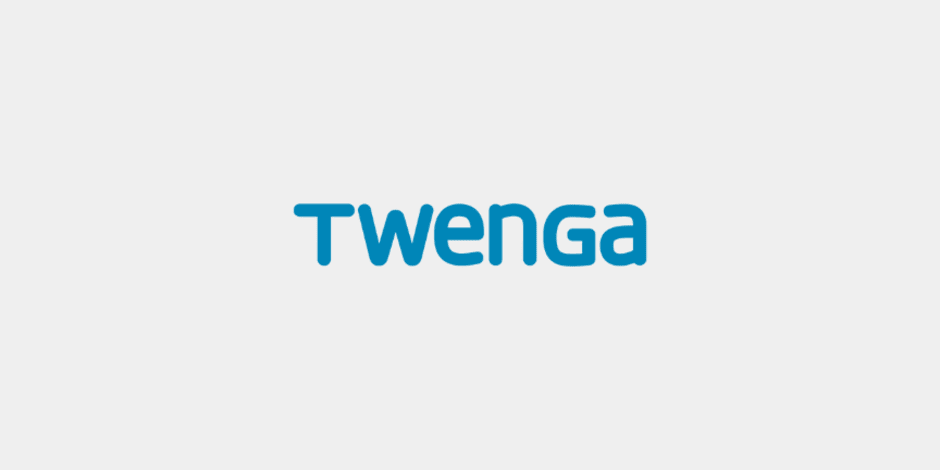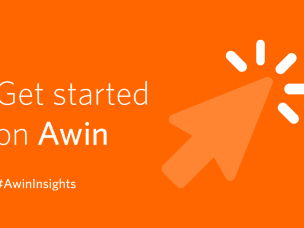Accelerating affiliate performance with Twenga’s CSS offering
Written by Robert Davinson on 3 minute read
Power 100 partner Twenga focuses on supplementing advertisers’ existing product searches for increased brand performance in the affiliate space.

In 2017, the EU fined Google $2.6bn (the second biggest it has ever issued) for antitrust practices on Google Shopping Ads. When that happened, the EU subsequently opened up a completely new avenue for Google competitors. Other comparison partners now had access to the auction-based ad model on a level playing field, giving brands a choice on partners and pricing models.
As this ecosystem opened, many of these companies quickly recognized the affiliate channel offered a valuable means of coordinating this activity on a performance basis and so a new partner type was born: the CSS affiliate.
Twenga is one such company. Founded in 2006 with deep expertise in the comparison search space (CSS), the French company quickly scaled its solution across the globe. Its focus on supplementing advertisers’ existing product searches on Google Shopping, Bing and Petal Shopping Ads has seen them partner with nearly 1,500 clients across Europe, the US and Australia.
Over 200 of those partnerships are managed via Awin, and for Twenga the attraction of working with affiliate platforms comes in part from access to the tracking and reporting tech, helping to fuel its machine learning platform to better optimize clients’ CSS campaigns.
Speaking of Twenga’s tech, the proprietary pixel it has developed allows Twenga to finetune campaigns with data gathered from multiple sources, enhancing both the returns and costs via intelligent and accurate bidding. Compared to campaigns not using the pixel, Twenga boasts a potential two-fold increase in performance. And thanks to its integration within the Awin MasterTag, access to this improved solution is incredibly simple to set up.
Of course, one of the common dilemmas that frequently crops up in the CSS affiliate space is how this activity works in tandem with existing CSS activity, either in-house or with other partners. Brand anxieties around bid cannibalization are common but misplaced.
As Jose Lorenzo, Twenga’s head of business development, explained, its algorithm focuses bids on a brands’ long-tail inventory, promoting products that aren’t covered by existing bids. “A brand might be focused more on promoting a set of products that are strategically important for them, and we supplement this primary campaign by ensuring the rest of their catalogue is covered too.”
Twenga’s algorithm is smartly designed to identify undiscovered products in the auction and provide wider coverage on terms that may have untapped value. With the most important products already part of a client’s paid strategy, Twenga can generate returns from areas retailers may have deemed less profitable or not worth considering.
This intelligent use of affiliate expertise in a new marketing field is another example of how the channel can help accelerate innovation. Brands taking their first foray into CSS can experiment using experts like Twenga to find out what does and doesn’t work without risking capital up front. And for those already running such activity, supplementing it with the enhanced coverage a partner like Twenga offers provides a completely new source of incremental sales.
Twenga is one of the #Power100 partners featured in the Awin Report - an industry first publication profiling 100 of the most exciting partnerships on our global platform across every market and sector.



